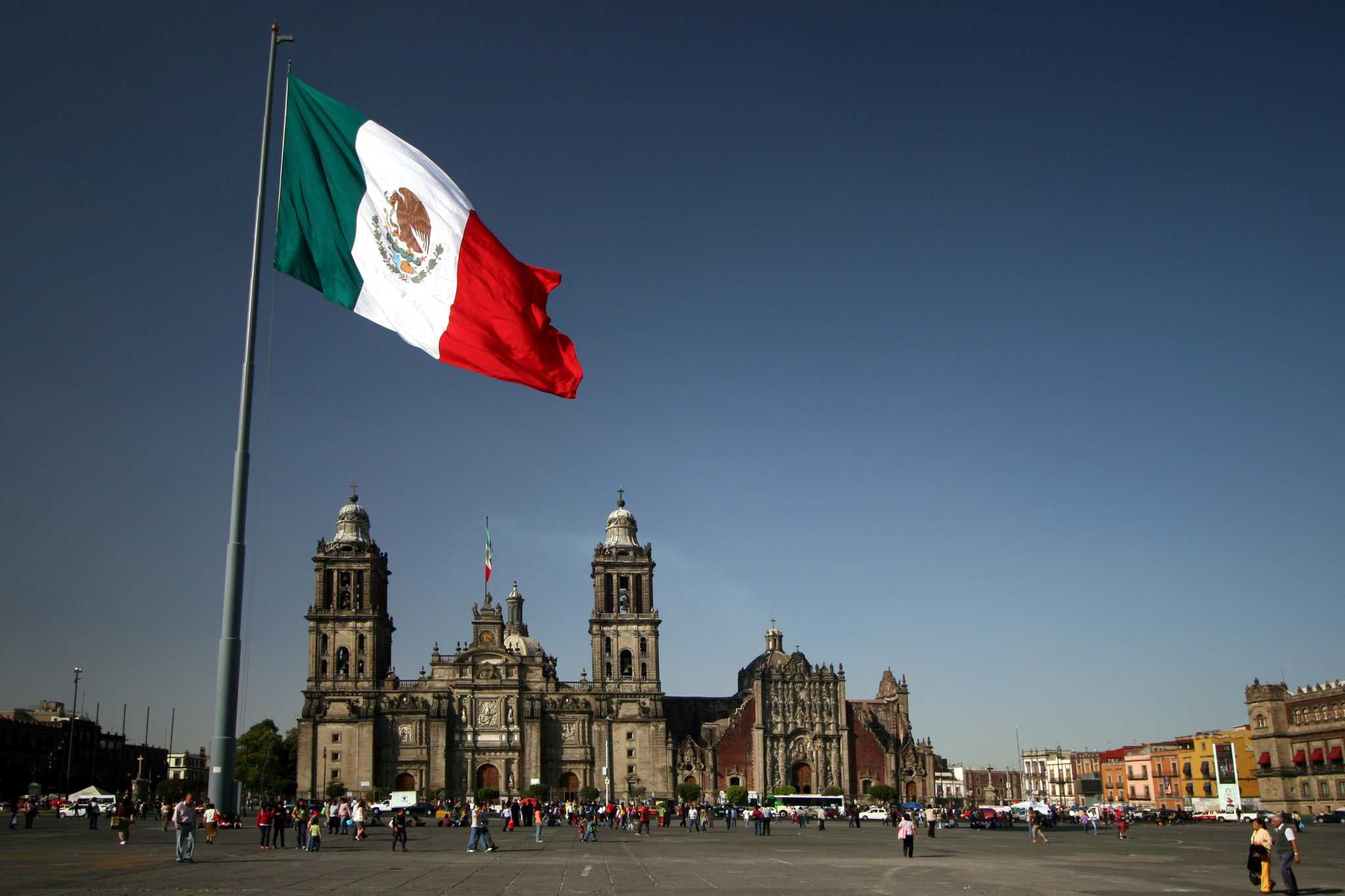$26M life insurance case is a matter of life or death – Houston Chronicle

Is Eduardo Rosendi dead or alive? Was he a Mexican tech CEO worth $70 million or a custodian who earned $12 a day? Those are the $26 million questions brought by two of the world’s largest insurance companies, questions they will put before a federal jury in Houston next week.
“It’s the most interesting trial I have ever been involved in,” said Mikal C. Watts, a San Antonio plaintiffs’ attorney representing Blanca Monica Villareal, Rosendi’s widow.
Villareal claims she’s entitled to collect on two term-life insurance policies Rosendi bought in 2014, one for $10 million from Transamerica and another for $16 million from Pruco Life Insurance, a subsidiary of Prudential Financial. Villareal is the primary beneficiary on both policies.
Transamerica and Pruco have refused to pay Villareal, raising numerous questions about her claim, foremost among them whether Rosendi is dead. The two sides sued one another and will present their widely dissimilar accounts to a jury before U.S. District Judge Lee H. Rosenthal beginning Monday.
Originally, Pruco and Transamerica filed separate but nearly identical lawsuits against Villareal, who countersued the insurance companies. The cases have been consolidated for Monday’s trial.
Lawyers for the insurers claim in court documents that almost nothing Rosendi told the companies when he applied for and was issued the insurance policies in 2014 was true, according to findings of a private investigative firm, Diligence International Group.
Moreover, they claim, evidence exists that Rosendi’s 2016 death was faked.
The insurance companies allege Rosendi lied when he presented himself as a CEO of tech company Interactive Four with an annual salary of $1.8 million and a net worth of $70 million. The insurers say a financial statement he submitted to support his application for the large policies was baloney.
They further contend that myriad questions surround his supposed death in Mexico City four days after Christmas 2016, and his supposed cremation. Not the least of those questions is how a witness in Mexico City claimed to have seen Rosendi alive (and decidedly not cremated) more than a year after Villareal reported that her partner had breathed his last.
Among the suspicious findings, the insurance companies allege in court documents, are that:
• Despite Rosendi’s claiming to own real estate valued at more than $38 million, private investigators “could not find a single property in Mexico” he owned.
• At the time of his purported death, he and Villareal lived in a rented house with rented furniture in Mexico City, where his liquid assets totaled 300,000 pesos (about $14,500, based on exchange rates then).
• His only U.S. bank account was a checking account opened in Las Vegas with an initial deposit of $475 — an account used almost exclusively to make premium payments on the two insurance policies.
• The person who certified Rosendi’s written financial statement was not, as purported, a licensed accountant; he was Rosendi’s former brother-in-law, who told investigators “he had not seen Rosendi for more than 20 years, did not know anything about Rosendi’s finances, and signed the financial statement simply because a different brother-in-law asked him to.”
• The Mexico City doctor who certified Rosendi’s death “changed his story multiple times” about the circumstances of the supposed death.
• The funeral home where Rosendi’s body was supposedly embalmed before cremation — “and before any medical examination could be conducted” — had been vacated six months before the cremation.
Villareal, according to the insurance companies, married Rosendi just two months before his supposed death.
“Villareal said she did not know any of Rosendi’s family members or even if he had any family members, whether he had been married before, whether he had any children, or where he lived before,” lawyers for insurance companies argue in court documents.
Watts, Villareal’s attorney, claimed in court documents that Transamerica and Pruco based their seemingly damning – but erroneous – conclusions on private investigators’ reports that were incomplete, superficial and skewed to tell the insurers what they wanted to hear. He said he was confident he would persuade jurors that, first, Rosendi did indeed die and that Villareal is entitled to cash in the $26 million in insurance policies.
Noting that a fifth of Diligence International’s business comes from Pruco and Transamerica, Watts wrote that a “cozy relationship” exists between the investigative firm and the insurance giants.
“The effort by Diligence was simply to develop a report that would justify denial of the claim,” he wrote. “The investigators understood that their task was to find bases for denying the claims to save the insurer-clients millions of dollars.”
Both sides say they are eager to present their versions of the tale to jurors.
“I’m very much looking forward to this trial,” Watts said. “Judge Rosenthal is an outstanding judge, and my client is pleased to be getting her day in court.”
Winstead shareholder Jason Bernhardt, one of the lead lawyers for the insurance companies, said that every bogus insurance claim paid out raises premiums for other policyholders.
“Our clients have an obligation to their policyholders to ensure the validity of every claim that’s submitted,” Bernhardt said. “We’re looking forward to the opportunity to present our case to a jury.”
The trial is expected to last two to three weeks.
For a longer version of this article, visit TexasLawbook.net.






